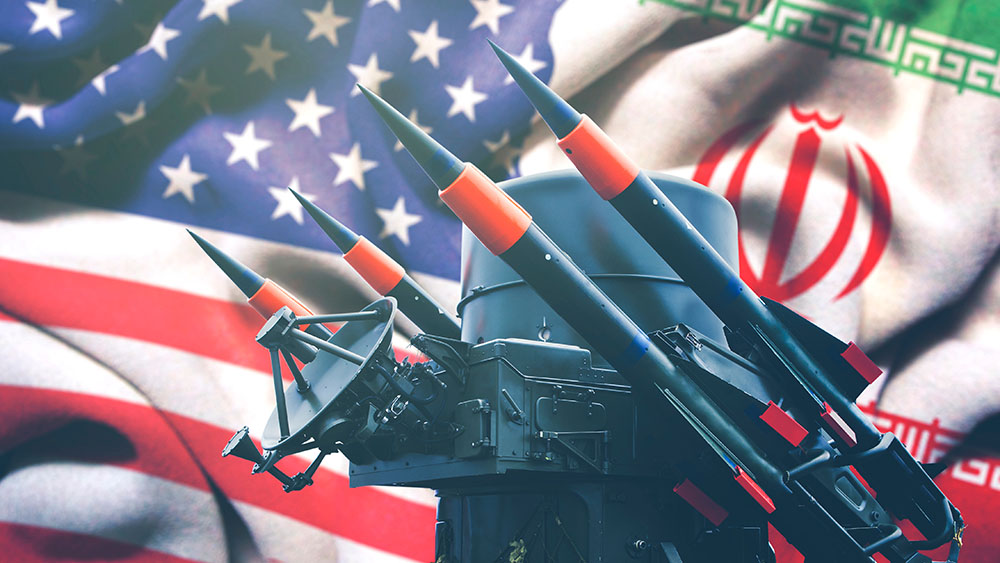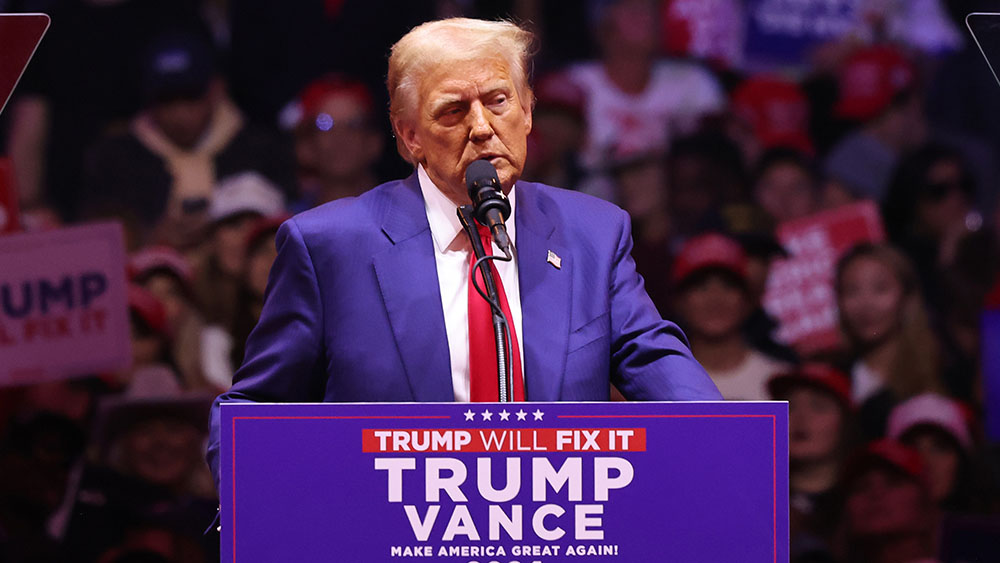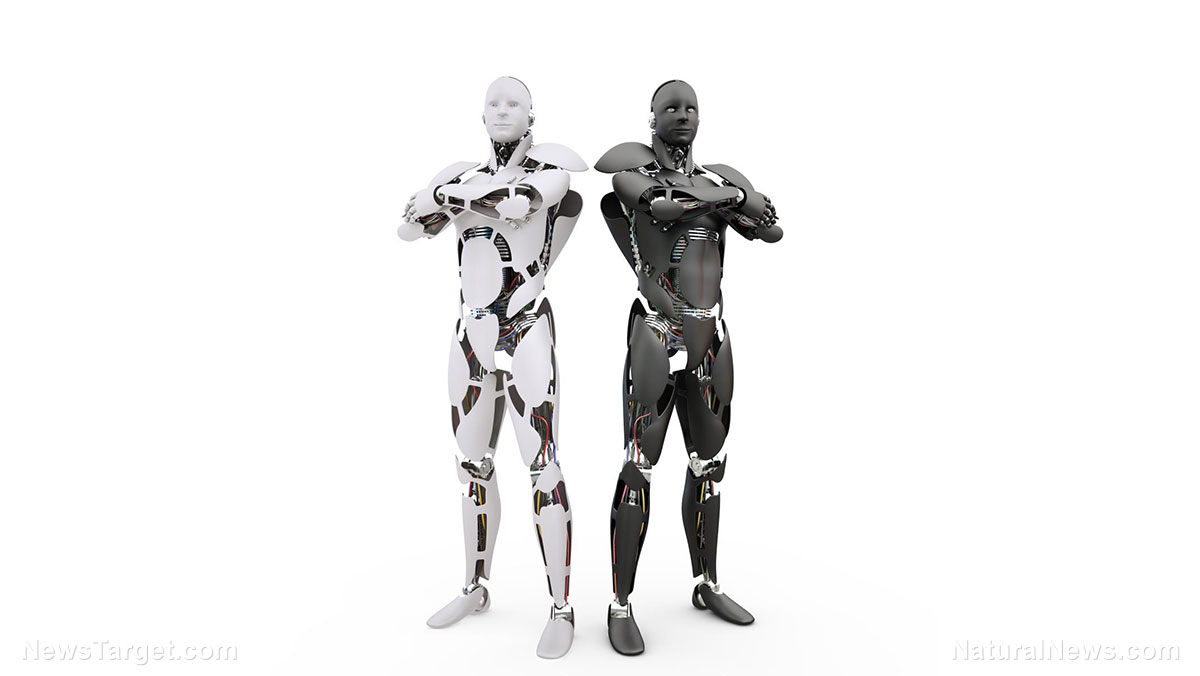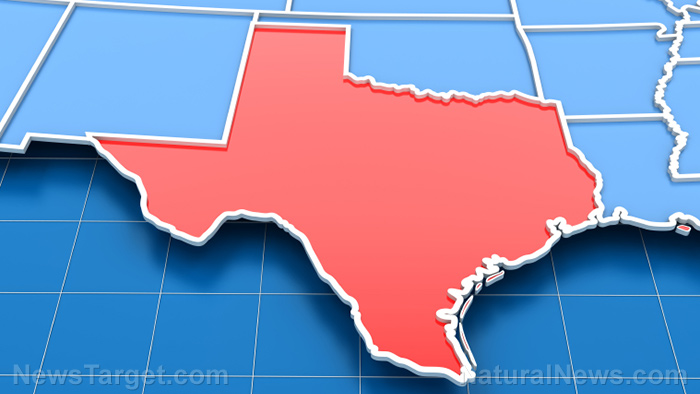
- Douglas Mulhall's book "Our Molecular Future" examines how advancements in nanotechnology, robotics, artificial intelligence and genetics (GRAIN) could radically reshape civilization, including human evolution and societal structures.
- A central theme is the "Singularity" – the hypothetical moment when AI surpasses human intelligence, potentially redefining existence, as foreseen by Vernor Vinge.
- Historical milestones (e.g., AI defeating chess champions) highlight rapid technological growth, raising questions about humanity’s ability to adapt or risks like disruptions derailing progress.
- Breakthroughs like molecular manufacturing ("factories-in-a-box") and medical nanobots offer efficiency and health benefits, but ethical concerns (e.g., privacy, digital divide) and equitable access must be addressed.
- Mulhall emphasizes that proactive, ethical decisions today are crucial to ensure these technologies reduce inequalities rather than exacerbate them, making preparation essential for an imminent molecular era.
Douglas Mulhall's 2002 book, "Our Molecular Future: How Nanotechnology, Robotics, Genetics and Artificial Intelligence Will Transform Our World," explores the profound implications of rapid technological advancements on human civilization. The book delves into the possibility of machines surpassing human intelligence, the transformative potential of molecular technologies and the societal shifts that could accompany these changes.
The concept of the Singularity – the moment when artificial intelligence (AI) exceeds human intellect – lies at the heart of Mulhall's discussion. This idea, popularized by computer scientist Vernor Vinge (1944-2024) in 1993 suggests that within decades, superhuman intelligence could emerge, fundamentally altering human existence.
Historical examples, such as Garry Kasparov's defeat by IBM's Deep Blue in 1997, illustrate how quickly machines can outpace human capabilities. The exponential growth of technology raises critical questions about whether humanity can keep up or if unforeseen disruptions – like natural disasters or societal collapses – could derail progress.
Mulhall identifies four key fields driving this revolution: Genetics, Robotics, AI and Nanotechnology (GRAIN). These disciplines promise to redefine human evolution, enabling enhancements such as neural implants for cognitive augmentation or the transplantation of human senses into machines.
Nanotechnology, in particular, stands out for its potential to manipulate matter at an atomic scale. Pioneers like Eric Drexler envisioned self-replicating molecular machines, a concept bolstered by breakthroughs like the scanning tunneling microscope and the discovery of buckminsterfullerenes.
One of the most promising applications of these technologies is digital fabrication, which could decentralize manufacturing by enabling "factories-in-a-box" capable of producing customized products, from medical models to consumer goods. This shift could revive home-based production while increasing efficiency and precision. Meanwhile, advancements in computing may lead to ultra-lightweight, foldable devices capable of storing vast amounts of information, revolutionizing how we interact with technology.
However, the molecular revolution also presents significant challenges. The digital divide – the gap between those with access to technology and those without – could widen further, though molecular computing might eventually bridge this gap by making networks more accessible. Privacy concerns are another pressing issue as nanotechnology could enable nearly undetectable surveillance, necessitating stronger encryption and anti-discrimination protections.
In medicine, nanotechnology offers groundbreaking possibilities – from self-repairing dental products to microscopic robots that patrol blood vessels, preventing diseases like atherosclerosis. These innovations could drastically reduce healthcare costs and improve quality of life. Yet, ethical considerations must guide their development to ensure equitable benefits.
Mulhall's work underscores that the choices we make today will shape the future of humanity. While the molecular revolution holds immense promise, it also demands careful navigation to avoid unintended consequences.
By embracing these technologies responsibly, we can harness their potential to create a world where progress benefits all, rather than deepening existing inequalities. The era of molecular transformation is not a distant fantasy; it is an emerging reality that requires thoughtful preparation and ethical foresight.
Watch this video about Douglas Mulhall's "Our Molecular Future: How Nanotechnology, Robotics, Genetics and Artificial Intelligence Will Transform Our World."
This video is from the BrightLearn channel on Brighteon.com.
Sources include:
Please contact us for more information.






















